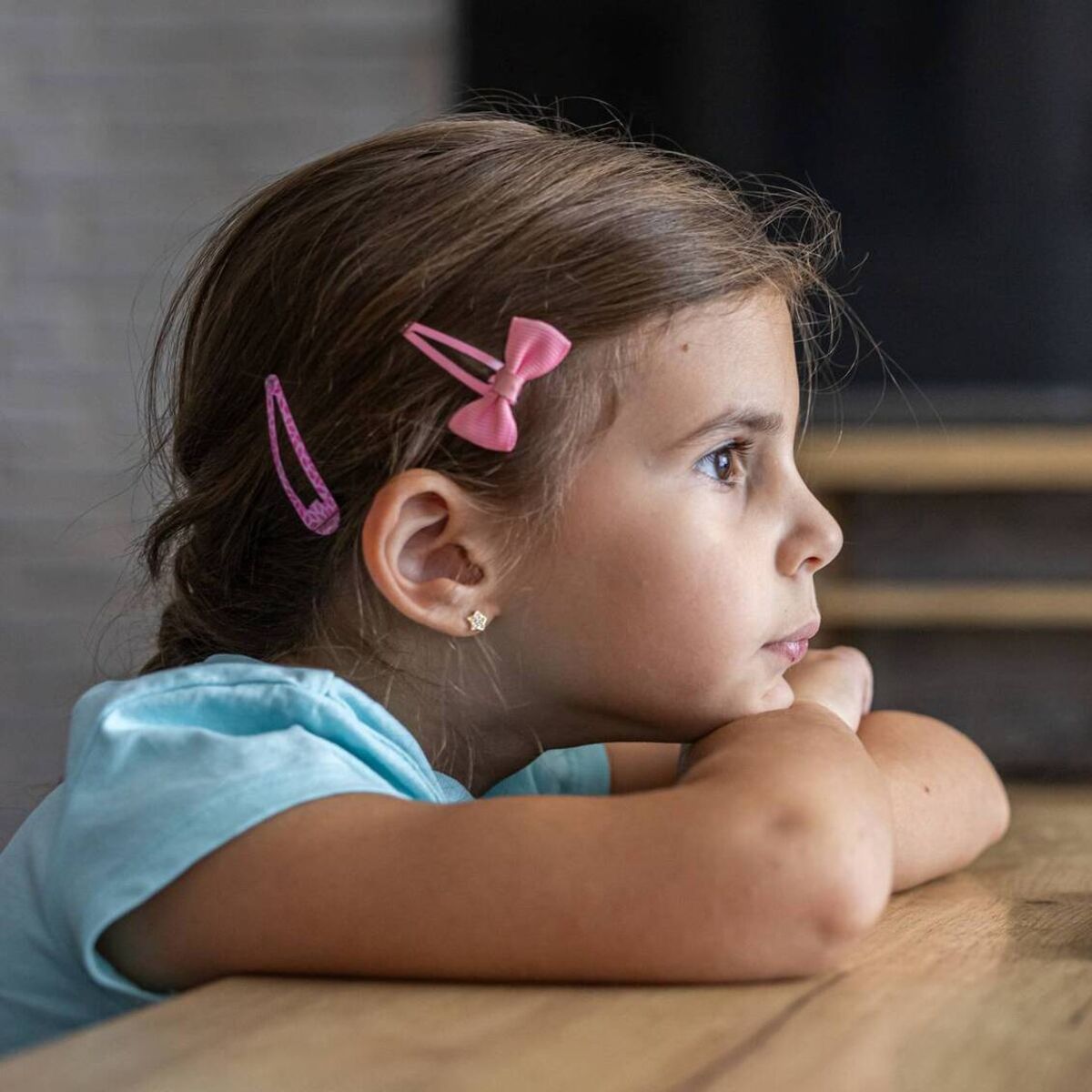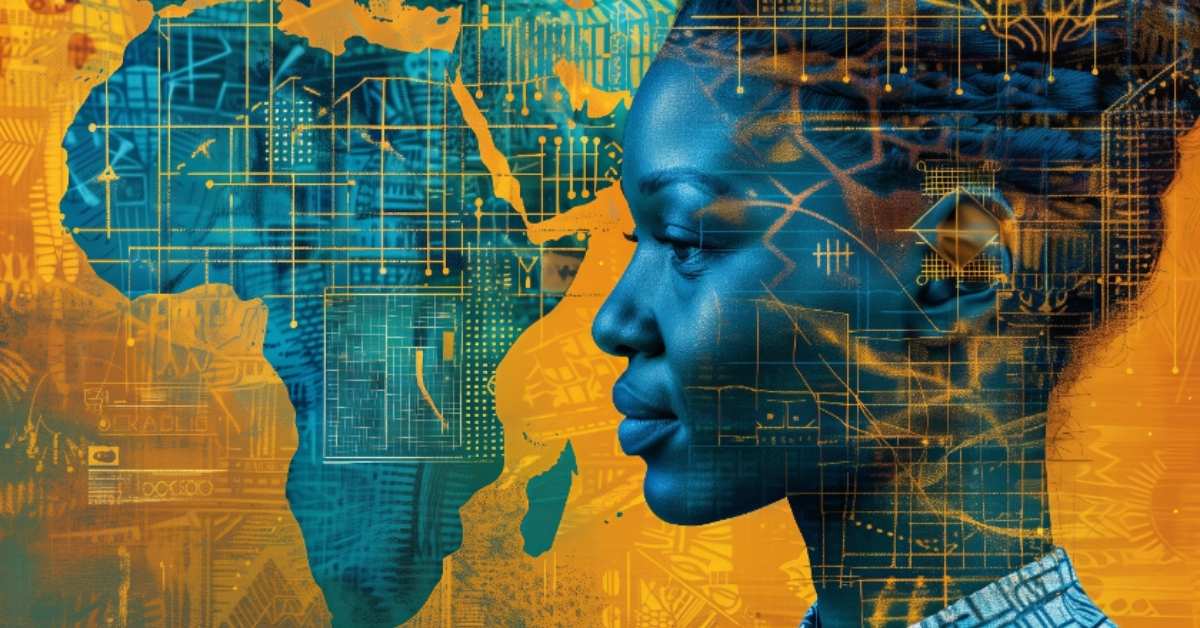By Child Psychotherapist Dr Colman Noctor,Irishexaminer.com
Copyright irishexaminer

Most of my teenage clients refer to using ChatGPT to help them resolve emotional issues, such as family fallout, peer conflicts, and problems in their intimate relationships. One young adult described this software as a “reassuring support.” Using machines for emotional support is not a science fiction anecdote or a hypothetical scenario — it is the new reality of life, and consequently, another serious consideration for modern parenting.
We are now in an era where the development of our children’s psychological ecosystem is being rapidly transformed by artificial intelligence. While most headlines continue to highlight job automation, deepfakes, and productivity gains, a more subtle and gradual change is taking place within our homes, classrooms, and in the minds of young people. The unintended effects of AI are becoming apparent, not in a dystopian or abstract way, but through our everyday experiences.
Children have always created imaginary friends. But what happens when AI friends respond with eerily accurate and informed emotional replies, offer 24/7 availability, and provide no judgment? AI companions, such as Replika and Character.ai, are now marketed as alternatives to human interaction, promoted as tools to support mental wellbeing, boost confidence, and reduce loneliness.
I have long highlighted my concerns about the loneliness epidemic among young people, but AI companionship is not the solution to this problem – it will create the opposite effect. Much like when Mark Zuckerberg stated in his 2012 Founder’s Letter that his “mission was to connect the world”, the sad reality is that 13 years on, many people feel more disconnected than ever before.
To a confused or lonely child or teenager navigating the emotional minefields of identity and belonging, AI tools like ChatGPT can seem like a blessing. Always accessible, endlessly patient, and programmed to respond positively. However, as parents, we need to look deeper and not just ask “Does it help?” but also “Might it do harm?” The paradox here is concerning. The qualities that make AI companions appealing, such as their perfection, predictability, and non-judgmental feedback, are precisely the factors that can undermine genuine human relationships.
Children traditionally build resilience, negotiation skills, and empathy through friendships, with all their awkward moments, misunderstandings, and unpredictability. These unpredictable situations are vital for developing essential life skills. If AI offers a shortcut, some children might opt for it. While most young people I speak with describe using AI as a friend aid, it is reasonable to be concerned that, in time, this might begin to replace their real-life friends, and we need to consider what could be the long-term impact on their emotional growth.
The temptation to consult an AI chatbot for emotional regulation is understandable. Of course, it’s easier to open up to a non-judging algorithm than to risk the embarrassment of vulnerability with a parent or teacher. However, emotional processing isn’t a task we can outsource, like using a calculator to solve maths problems. When we unwittingly allow AI to comfort, reassure, or guide our children through difficult feelings, we risk fostering a generation that lacks skills of emotional self-reliance. In trying to avoid challenging experiences or emotional dilemmas, children may unintentionally deny themselves the very experiences, like human connection, that build strength and self-awareness.
AI lacks the depth, challenge, and meaningful feedback real human relationships provide
Unlike AI, psychotherapy creates an understanding for each person formulated on their individual circumstances, ensuring they are challenged enough to grow without becoming overwhelmed. Psychotherapy is not an exact science, and being a psychotherapist is a skill developed over time through years of clinical experience, including much trial and error. Harvard professor Arthur Brooks, who has extensively discussed the impact of AI on happiness and loneliness states that AI “is not going to shake your world view, contradict you, or tell you when you’re full of nonsense” suggesting that AI offers convenience and gratification (“what you want”) but lacks the depth, challenge, and meaningful feedback that real human relationships provide (“what you need”).
Children might interact with these AI systems for guidance on their own social relationships, from childhood friendships to early romantic feelings. Without proper safeguards, they could receive inappropriate advice that doesn’t account for their developmental stage or the complexity of human relationships. As parents, we have battled the allure of hand-held screens for over a decade now. However, with AI, we are not merely competing with entertainment; we are also competing with another type of AI — artificial intimacy.
The biggest challenge for parents is no longer just a technological one but an emotional one. We are navigating uncharted waters, flooded with conflicting advice, uncertain whether to lean in, lean out, or discard the device altogether. The rapid pace of AI development has left most of us feeling even more overwhelmed and uncertain of how to protect children in an ever-changing technological world.
Should we allow our children to use AI for homework? Should we ban AI companions or monitor their conversations? Should we try to shield children from AI influences with more bans, or see it as a vital new skill, or a necessary evil?
There are no simple answers, but what I do know is that children don’t need us to be perfect; they need us to be present. Discussing their experiences with AI and gaining a deeper understanding of this relationship is essential. It also means asking tough questions, such as, “What does your chatbot know about you?” “Do you feel different after talking to it?” “What do you wish it could do?” We cannot afford to be passive bystanders. The emotional, ethical, and developmental impacts of AI require our active engagement, even if we feel underqualified to supervise it.
Ensuring our children don’t forget how to communicate with real people
So, what can we do both practically and emotionally to support our children as AI becomes an increasingly important part of their lives?
Let’s ensure our children don’t forget how to communicate with real people, starting with us. With technologies like ChatGPT, which enable us to access answers directly, we may overlook the importance of the process, which is vital for our emotional and psychological growth. We are constantly reminded that life is a journey, not a destination. Yet, as the world becomes increasingly obsessed with results, we need to make sure our children don’t undervalue the significance of the journey.
Children no longer just need to know about technological safety; they need an advanced level of discernment. It’s not enough to tell children to “be careful”. They require assistance to question, critique, and think independently, even when the answer from AI sounds confident and convincing.
The next step is to contain their vulnerability. Allow them to feel what it is like to struggle, to be unsure, and to ask for help. These are human skills that no algorithm can imitate. As parents, we need to stay curious and not retreat in fear. Learn alongside your child. Ask them to show you the tools they use.
Curiosity is the underused remedy for feelings of powerlessness. If your child refuses to tell you about their AI conversation, consider researching the AI companion they’re using. Understand its capabilities, limitations, privacy policies, and potential risks (for example, data collection, inappropriate content, emotional manipulation) and have ongoing conversations about online safety, privacy, critical thinking, and healthy technology use in general. This approach provides context without singling out their AI friend.
Remember, no AI can embrace your child, interpret their body language, or truly understand their heart. This is, and will always be, a unique human skill, so never underestimate the power of your presence. Ultimately, parenting in the age of AI might not be about having all the answers. It could be about creating space for questions and ensuring our children understand that no matter how clever the machine is, nothing can replace the complexity and beauty of being human.
Dr Colman Noctor is a child psychotherapist



